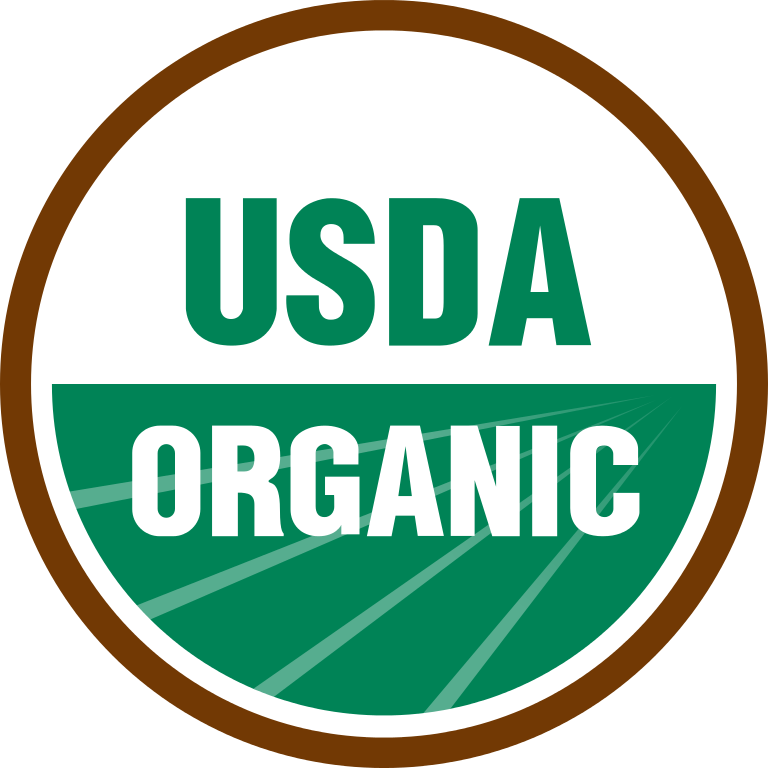Organic Certification Experts
Getting you through the organic certification process...

Consultants Who are Farmers
Our staff consultants are not just desk jockeys, they are farmers who have successfully been through the organic certification process. We also have staff members that have been, and still are, independent organic systems auditors that work for some of the most well known organic certifiers in the USA.
Types of Certification
The organic world is a wide industry. Everything from raw milk to personal care products and clothing can be found in organic now. Below are a few of the categories found in organics.
Crops
Most of the organic farmers in this area of Indiana are doing a rotation of primarily corn and soybeans. We can assist with ideas for a longer rotation or introduce variations (food grade corn and soybeans, specialty varieties for the distillation industry, etc.) that open you up to a wider possibility of markets and improved profits.
Livestock (Includes Poultry & Dairy)
As you have seen at the grocery store, there is a lively market for organic meats. For the very small producer who is thinking in terms of farmers market scale, we can help you set up a compliant operation that is certified. If you are a beef producer, there is a transition period, but if your land is already certified, it can take only a few months before the first organic calves are born once the mamas are being managed as organic. Organic pork, lamb, and goats are also popular in the organic world.
Poultry is an extension of livestock certification. For layers and broilers, there are a number of companies that contract with operators and can assist with design of barns. Plus, the manure generated in each flock provides valuable fertilizer for your farm, or in later years, an additional income stream. If you are a small producer, there is the Salatin model for direct sales or wholesale sales within your area.
Organic livestock operators might be wanting to transition a herd to start shipping organic milk. The transition of an existing herd takes a year, or you can buy an organic herd if your land has already transitioned or qualifies for certification. Although a transition herd is not eligible for organic slaughter, their offspring are eligible. There is also a side business of custom livestock management, that is, raising heifers for an organic dairy that go back into the herd when they become springers. This is a good situation for the person with an off-farm job to fully utilize his organic land, generate income, plus get the manure for fertilizer.
Processing
These days we are seeing more small scale processors who have taken the plunge to add value to their organic farms by doing some processing. This can be making cereal, chips, flour, and baking mixes. Or adding value to raw milk by bottling whole milk, skim milk, cream, yogurt, or cheese. Some go into fermenting with sauerkraut, kefir, kimchi or other fermented vegetables. And then there are the wine, beer, and distilled spirits producers, which is a fast growing couture industry. The possibilities are endless. Think about the value of your product and the value of finished products from your crops, and whether capturing the added value might be worth the effort.